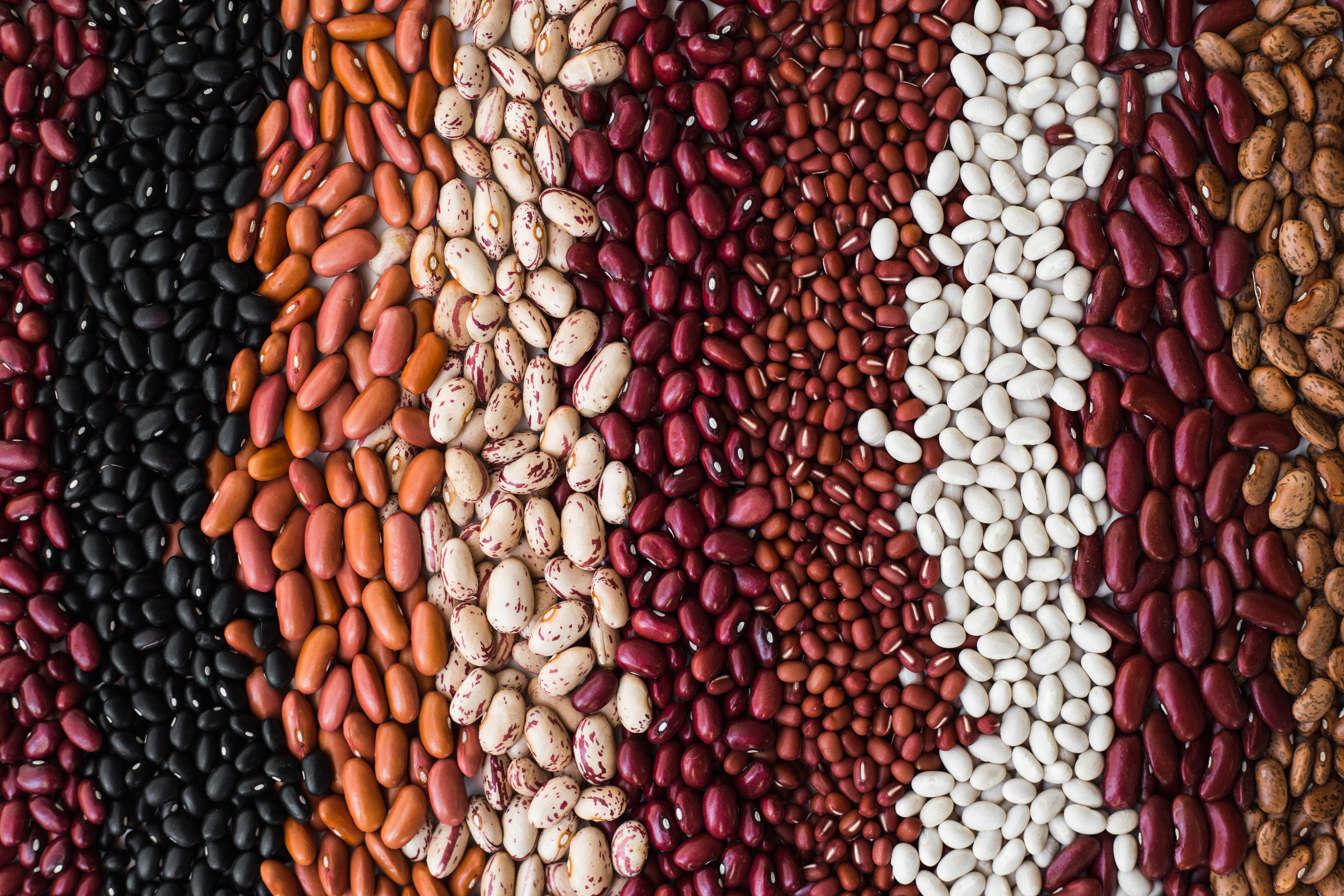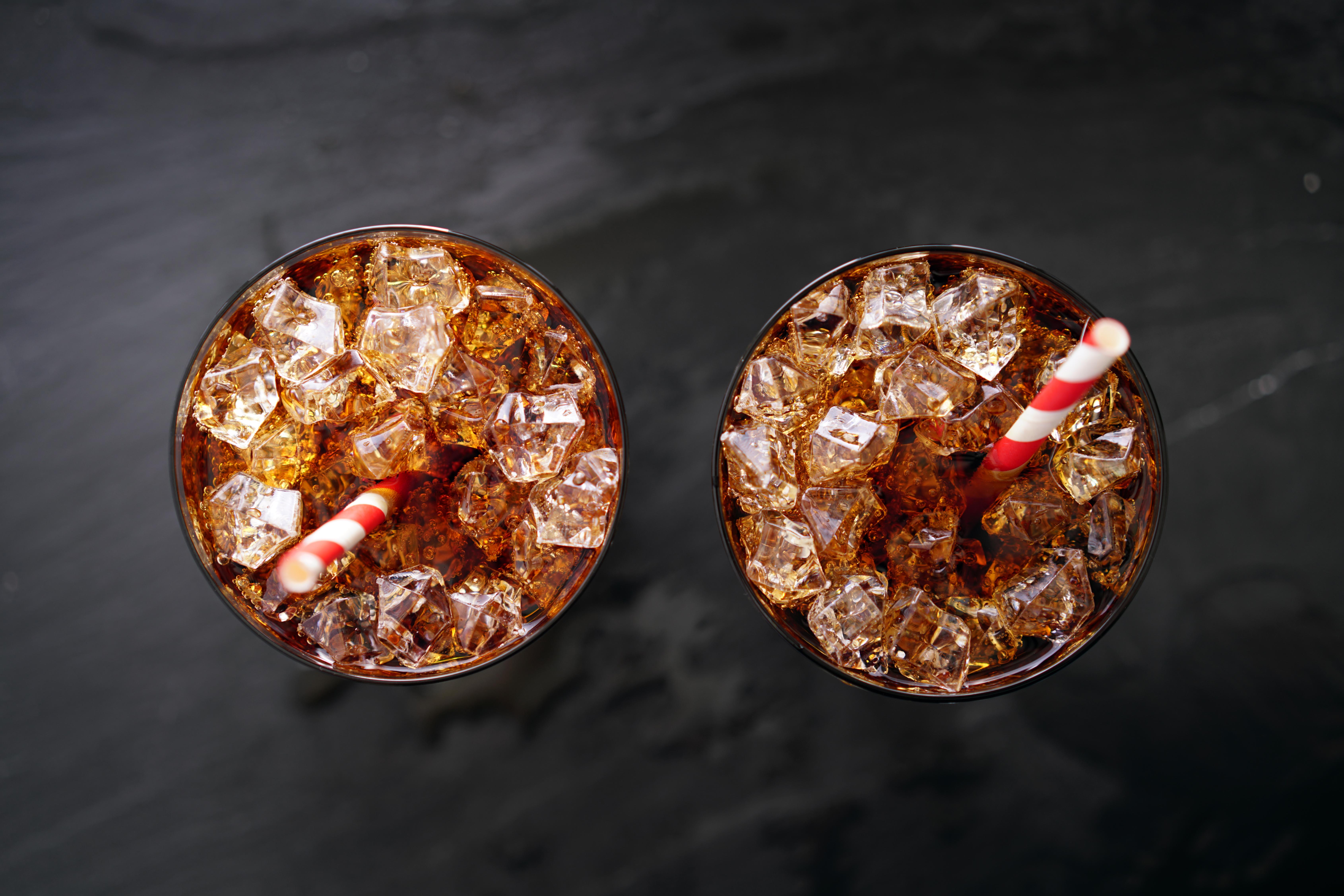Why You Feel Bloated After Every Meal
Post-meal bloating is a common yet often misunderstood phenomenon that can turn an enjoyable dining experience into an uncomfortable ordeal. While many attribute this discomfort to overeating, the reality is that a multitude of lesser-known factors could be the true culprits behind this unwelcome sensation. In this article, we will uncover 11 hidden reasons that may be causing your post-meal bloating and provide actionable strategies to alleviate this discomfort. By understanding these factors, you can take control of your digestive health and enjoy your meals without the fear of bloating. Let’s delve into these surprising causes and learn how to tame them effectively.
1. Carbonated Beverages: The Fizzy Trap
Carbonated drinks are often enjoyed for their refreshing fizziness, but they can be a sneaky cause of bloating. The bubbles in these beverages are made of carbon dioxide gas, which can accumulate in the digestive system, leading to a distended abdomen and discomfort. Consuming these drinks quickly or through a straw can exacerbate the problem by introducing more air into the stomach. To mitigate bloating from carbonated drinks, consider opting for still water or herbal teas, especially during meals. Additionally, if you enjoy the occasional fizzy drink, sip slowly to minimize the air intake and reduce the likelihood of bloating.
2. High-Fiber Foods: The Double-Edged Sword

Fiber is essential for a healthy digestive system, but consuming too much fiber, especially insoluble fiber, can lead to bloating. Foods like beans, lentils, and certain vegetables are high in fiber and can cause gas production as they break down in the gut. While fiber is crucial for regularity and overall health, a sudden increase in fiber intake can overwhelm your digestive system. To prevent bloating, gradually increase your fiber consumption, allowing your body to adjust. Pair high-fiber foods with plenty of water to help the fiber move smoothly through your digestive tract, reducing the risk of bloating.
